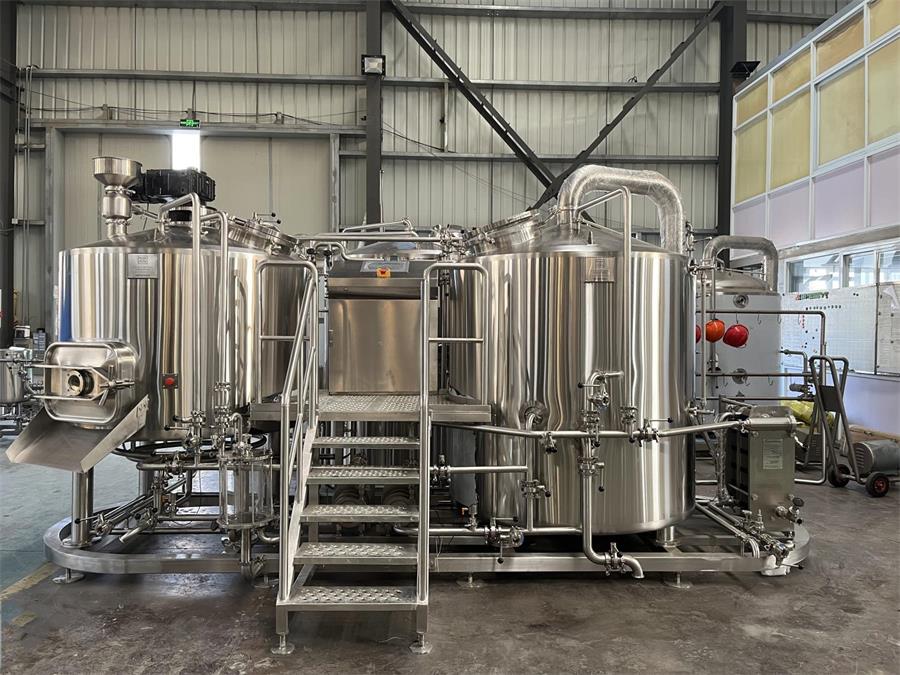Commercial Fermentation Tanks
Overview of Commercial Fermentation Tanks
Commercial fermentation tanks play a critical role in industries like brewing, winemaking, and biotech. These large, specially designed vessels are where the magic of fermentation happens—converting sugars into alcohol or other desired products with the help of microorganisms. Whether you’re a craft brewer scaling up operations or a biotech company diving into industrial fermentation, understanding these tanks is essential for optimizing your production process.
Fermentation tanks come in various sizes, materials, and configurations to suit specific needs. They are designed for efficiency, precision, and durability, ensuring consistency and quality in every batch. But what makes one fermentation tank better than another? Let’s unravel this by exploring their design, features, and uses.
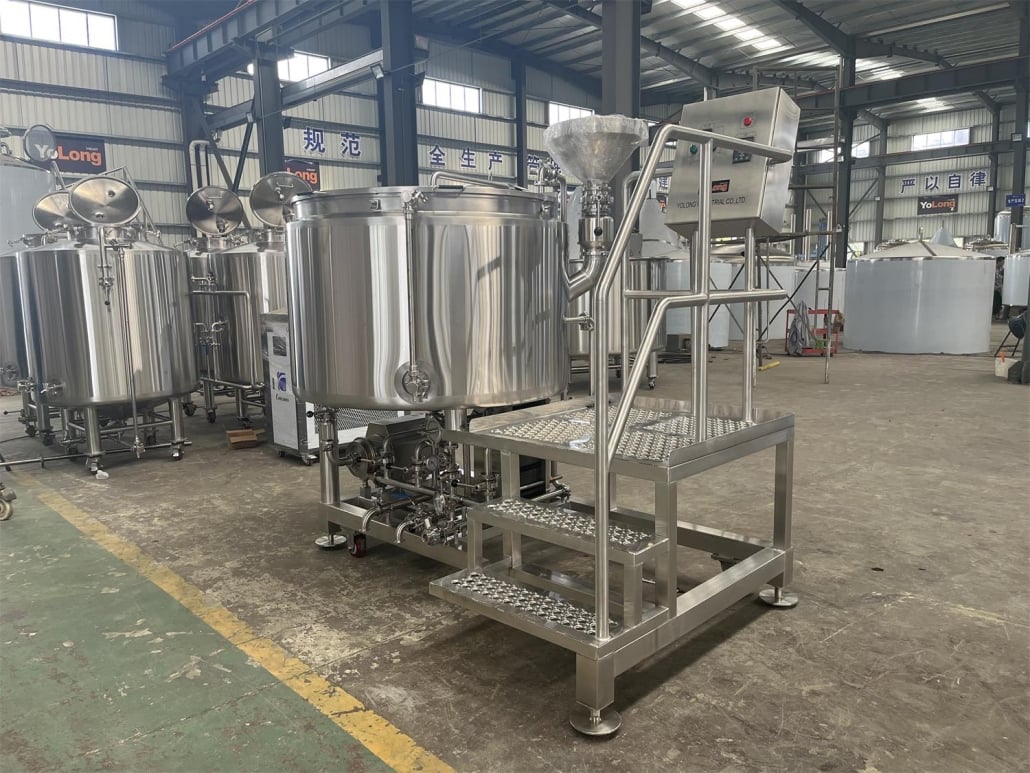
Troubleshooting Common Issues with Commercial Fermentation Tanks
Even the best fermentation tanks aren’t immune to occasional hiccups. From temperature inconsistencies to contamination risks, understanding potential issues can save you headaches and money.
One frequent problem is uneven cooling. This occurs when the cooling jackets aren’t performing optimally or when the tank’s insulation fails. This can lead to undesirable fermentation outcomes, like off-flavors in beer or inconsistent product quality. Regular maintenance and monitoring of the cooling system can help prevent this.
Contamination is another concern. Tiny cracks, improper cleaning, or using incorrect materials can introduce unwanted bacteria, compromising the entire batch. Using proper cleaning agents, sterilization methods, and ensuring all seals and fittings are intact are vital steps to maintain sanitary conditions.
Pressure management is also critical. Fermentation tanks operate under pressure to control CO2 release. Faulty pressure relief valves or gauges can lead to safety hazards or affect fermentation. Regular inspections of these components ensure smooth operations.
The Brewing Process Using Commercial Fermentation Tanks
The brewing process is an art and a science, and fermentation tanks are at the heart of it. Here’s how they fit into the workflow:
- Mashing and Wort Preparation: After milling the grains, mashing converts starches into fermentable sugars. The resulting liquid, called wort, is then boiled and clarified before being transferred to the fermentation tank.
- Fermentation: In the tank, yeast is added to the cooled wort. The yeast consumes the sugars, producing alcohol, CO2, and various flavor compounds. Commercial tanks often have temperature control systems to ensure optimal fermentation conditions.
- Conditioning: After primary fermentation, the beer is conditioned in the same or a different tank. This process refines the flavors and enhances clarity.
- Packaging: Once the beer is ready, it’s moved to packaging lines for bottling, canning, or kegging. Proper tank design ensures efficient transfer with minimal oxidation.
Design and Customization Options for Commercial Fermentation Tanks
| Feature | Details |
|---|---|
| Capacity | Ranges from small-scale 1-barrel tanks to massive 500-barrel vessels for industrial use. |
| Material | Stainless steel is the gold standard for durability, hygiene, and resistance to corrosion. |
| Cooling Systems | Options include single-zone or multi-zone glycol cooling jackets for precise temperature control. |
| Shape and Layout | Cylindroconical designs are common for efficient yeast settling and product transfer. |
| Customization | Options include additional ports, custom insulation, pressure ratings, and automated controls. |


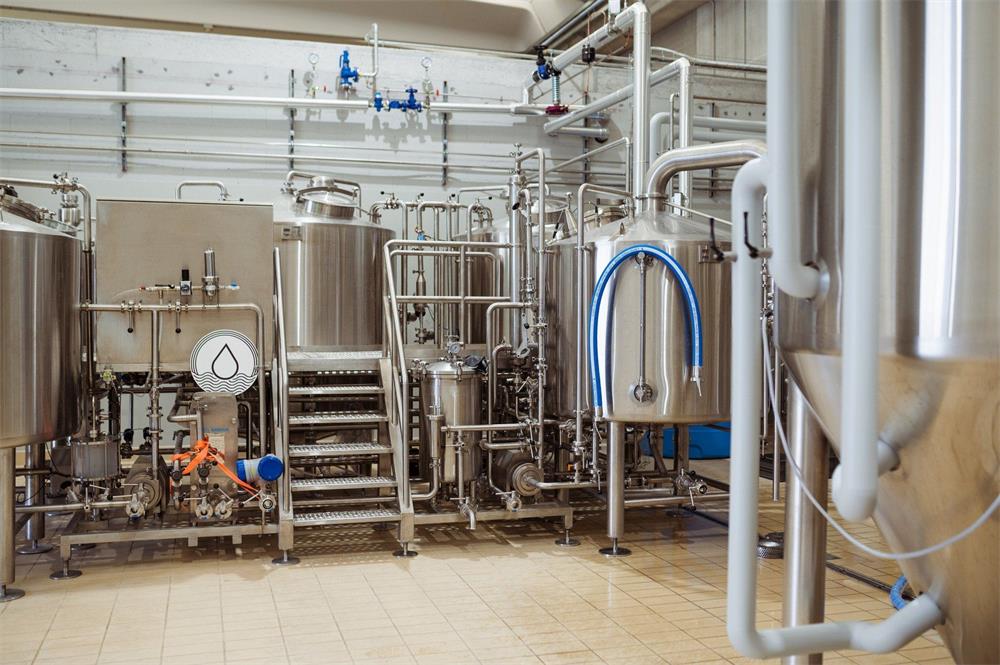
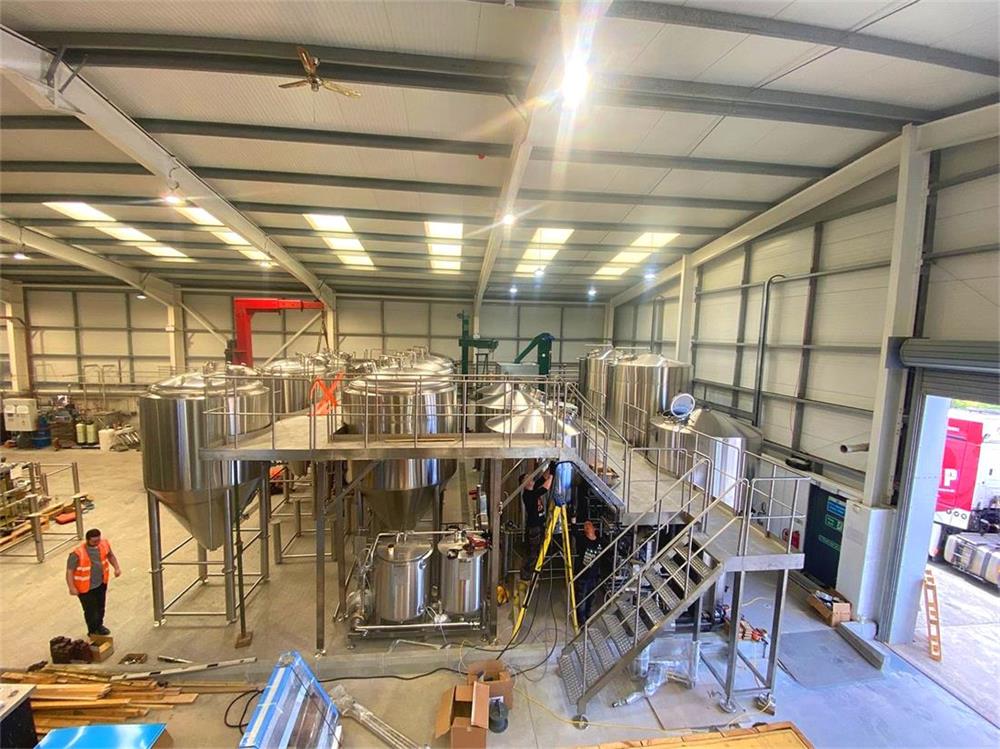
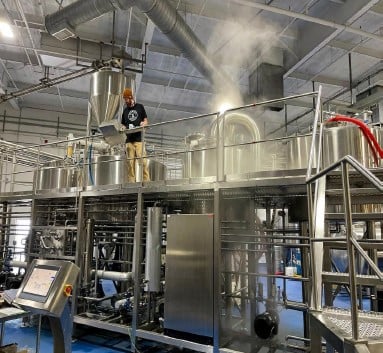
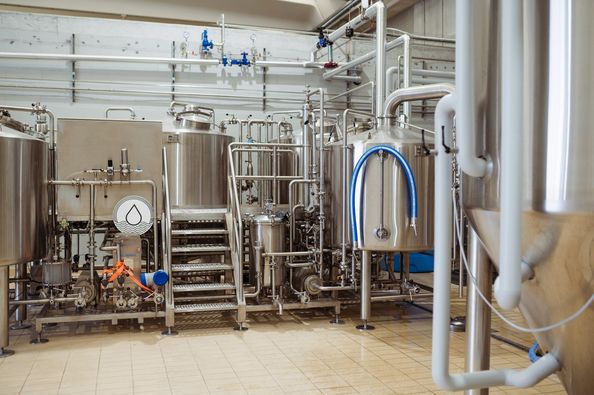
Suppliers and Price Ranges for Fermentation Tanks
| Supplier | Price Range (USD) | Notable Features |
|---|---|---|
| ABC Fermenters | $5,000 – $50,000 | Focus on small to medium craft brewers. |
| BrewTech Systems | $10,000 – $100,000 | High-end tanks with advanced automation. |
| Industrial Bio Solutions | $50,000+ | Large-scale fermentation for biotech. |
| CustomTank Co. | Varies based on specs | Fully customizable options. |
Installation, Operation, and Maintenance Tips
| Aspect | Details |
|---|---|
| Installation | Ensure proper foundation, align tanks precisely, and connect utilities like glycol lines. |
| Operation | Monitor pressure gauges, temperature controls, and yeast activity during fermentation. |
| Maintenance | Clean thoroughly after each batch, inspect seals, and service cooling systems regularly. |
How to Choose the Right Supplier for Fermentation Tanks
Selecting the right supplier can feel daunting, but breaking it down into priorities helps. Start by evaluating your production scale and specific needs. Do you require precise temperature control? How about advanced automation? Consider these factors and compare suppliers based on their reputation, warranty policies, and customer reviews. It’s also wise to visit the supplier’s facilities or ask for a virtual tour.
Advantages and Limitations of Commercial Fermentation Tanks
| Aspect | Advantages | Limitations |
|---|---|---|
| Stainless Steel Tanks | Durable, hygienic, and resistant to corrosion. | Higher upfront cost compared to other materials. |
| Automated Tanks | Reduces labor and enhances consistency. | Requires technical expertise to operate and maintain. |
| Custom Designs | Tailored to specific production needs. | Longer lead times and higher costs. |
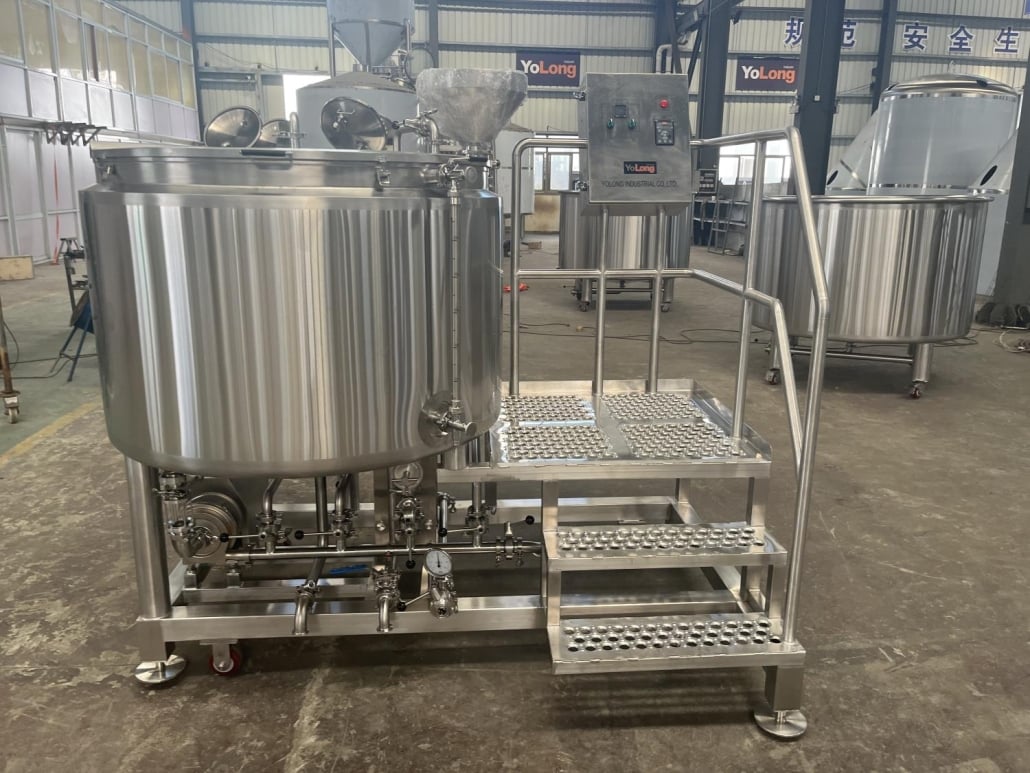
FAQs
| Question | Answer |
|---|---|
| What is the ideal size for a startup brewery? | A 10-barrel tank is a good starting point for small craft breweries. |
| How do you clean a fermentation tank? | Use CIP (clean-in-place) systems with caustic solutions and sanitizers. |
| Can fermentation tanks be used for wine? | Yes, but wine tanks often include features like punch-down devices. |
| What’s the lifespan of a fermentation tank? | With proper care, stainless steel tanks can last 20+ years. |
Conclusion
Commercial fermentation tanks are an indispensable part of modern production in brewing, winemaking, and other industries. By understanding their design, operation, and maintenance, you can select the best tank for your needs and achieve consistent, high-quality results. Investing in the right equipment and maintaining it well will not only enhance your productivity but also set the foundation for long-term success in your industry.
Share this entry
Interested in learning more about Brewing Systems including additional details and pricing information? Please use the form below to contact us!
YOLONG BREWERY EQUIPMENT FAQS
- Commercial Brewery / Craft Brewery / Microbrewery / Nanobrewery
- What is The Difference Between Craft Beer and Industrial Beer?
- The Bespoke Differences In Custom Brewing Systems
- Everything You Need to Know About Kettle Souring
- How to Choose Brewing Equipment for Your business?
- How To Choose The-Best Partner To Build Your Commercial Microbrewing System?
- Two Detection Sensors That You Need To Use In Your Brewhouse System
- Remote Control Applications in Brewing Equipment/How does it work?
- How To Clean Your Brand New Brewery Tanks?

